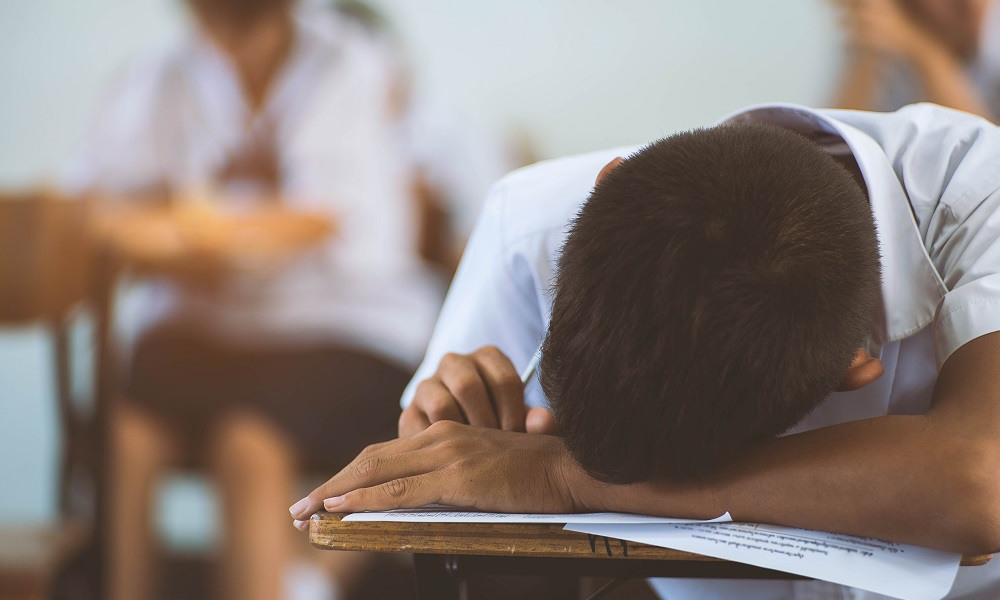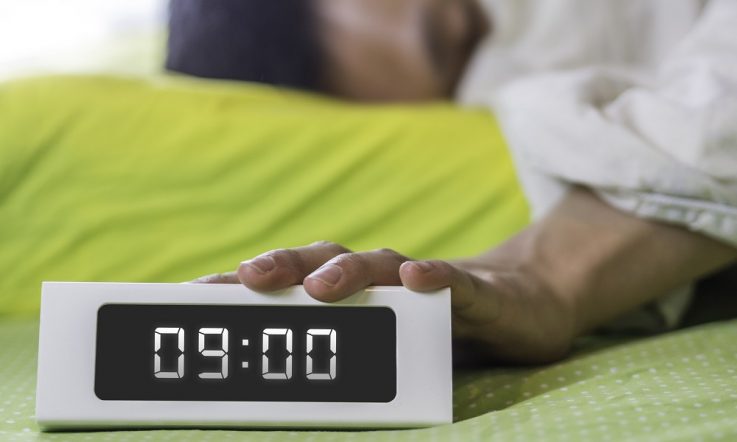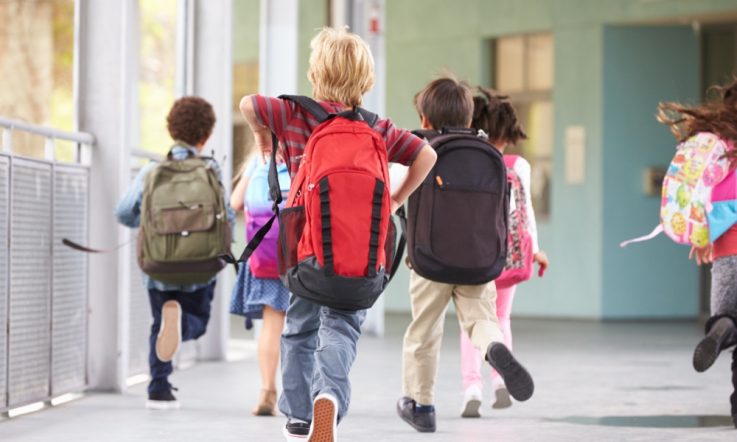It's known that sleep deprivation can affect both short-term and long-term health.
So, when Dr Chris Harvey from the University of Oxford points out that a teenager is prone to falling asleep later in the evening (and therefore waking up later) in a society that tends to demand you work in a 9 to 5 window, it's clear that students might not be getting enough sleep.
Teacher caught up with Dr Chris Harvey, a Departmental Lecturer, back in 2015 when he was about to embark on a large sleep study across England. The study, named TEENSLEEP, intended to enlist over 100 secondary schools and have some of them delay their school day to begin at 10 am and finish at 4 pm, and assess if this had a positive effect on student GCSE scores (the exams taken by students across the UK at age 16).
At the same time, they would implement a sleep education program to another group of schools to see if teaching adolescents about good sleep practices would have a positive effect on their quality of sleep. The results from the groups would then be compared to see how effective each method was at improving sleep.
Delaying school start times
In the end, Harvey found that having a large number of schools delay their start time for this study was not feasible. Instead, the trial recruited 12 schools (about 1500 students) in England to implement a sleep education intervention because committing to beginning their school day at 10 am was difficult for school communities to organise.
As Harvey explains, many different factors led to practicality concerns among schools.
‘One thing that was difficult was the idea of randomisation. Because the way we were running the study, we wanted to have schools sign up and then for them to be randomly allocated to delay, [deliver sleep] education, or both,' Harvey says. ‘That, for schools, doesn't work because they would have to get prepared for delayed start times to then not have to do it.'
There was also the issue of local bus timetables not being able to change to get students to school later in the day, and legal costs associated with needing to rewrite teacher contracts to reflect the later start times.
Sleep education intervention
The sleep education intervention that went ahead involved one teacher at each school completing 10, 30 minute lessons covering sleep science and sleep behaviour before educating students about what they could do to improve their sleep.
‘The results were really good, actually,' Harvey says. ‘So what we found was, overall, we saw changes in sleep-related behaviours. We also saw improvements in sleep knowledge.'
Changes in caffeine consumption and sleep scheduling (ie keeping a consistent sleep routine) were the most common behaviours students had changed after receiving the intervention.
‘Maybe those were the two behaviours that adolescents find easiest to change on their own, they have most control over that,' Harvey says. ‘Living at home, you don't have complete control over your environment but they can control how much caffeine they're taking in, and they can control when they're taking themselves off to bed.'
The students who were poorer sleepers at the beginning of the trial, showed an improvement in their sleep at the end of the trial, Harvey adds.
One behaviour that can influence sleep that students couldn't seem to change, though, was use of mobile phones.
Wider implications
‘So I think what we demonstrated is that through sleep education, we can improve sleep in adolescents who are struggling with their sleep,' Harvey says. ‘Now, what we need to look at going forward, is what impact that has on their mental health.
‘We know that sleep is a predictor of good mental health. So I think the biggest implication is that we have an education intervention which is scalable, which is feasible for teachers to learn, which fits into the curriculum, which does seem to have an impact on sleep.'
Research involving delaying school start times might be possible with smaller study designs, he adds. In the meantime, Harvey says we can look to schools who are independently starting the school day later to see if their experiences give an indication to the benefits of a later start.
In your classroom, have you noticed a difference in student alertness in the morning compared to the afternoon? What impact could this be having on student achievement?
Researchers found that a delay in school start times would create practicality concerns for the school community. Thinking about your own school context, how often do you consult the wider school community when you are looking to implement a school improvement initiative? Why is it important to do this?



